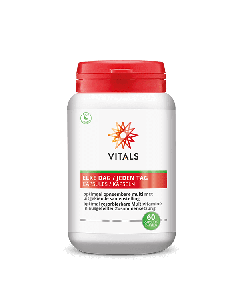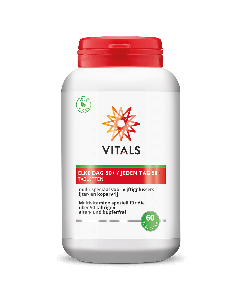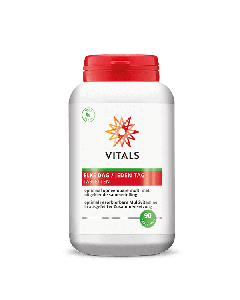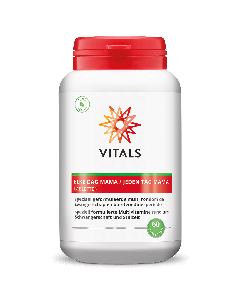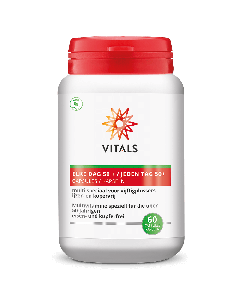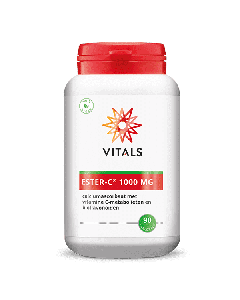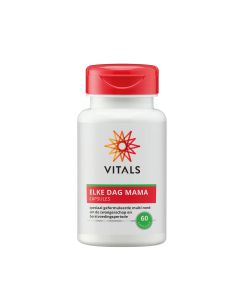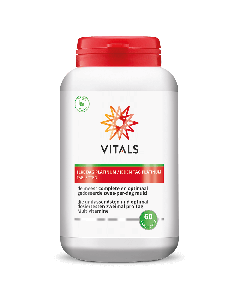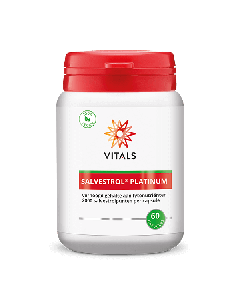-
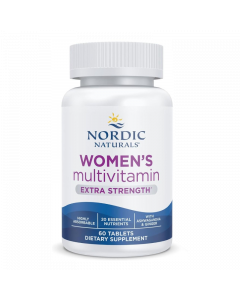 Nordic Naturals - Women's Multivitamin - 60 tablets - CLEAROUTShipped todaySpecial Price € 36.95 € 43.95
Nordic Naturals - Women's Multivitamin - 60 tablets - CLEAROUTShipped todaySpecial Price € 36.95 € 43.95
- Shipped today!
- Free shipping from € 45
- Postpay possibility
- Review score 9.4
- Earn reward points
- Shipped today!
- Free shipping from € 45
- Postpay possibility
- Review score 9.4
- Earn reward points
- Home
- Vitamins & Supplements
- Minerals
- Multi Minerals


What is the Multi-Mineral Range?
A selection of natural food supplements that contain high levels of not just one mineral, but a range of them. We call these multi-mineral foods and they can be a great addition to the diet of athletes or plant-based eaters, who may be at risk of consuming insufficient amounts of a range of minerals.
Who needs Multiminerals?
As with multivitamins, there are certain groups of individuals that may need to supplement multi-minerals, while many others might benefit from individual or more specific minerals.
These groups include the elderly, athletes, gastric surgery patients, individuals with digestive issues or disorders to name a few.
What Multimineral is best?
That is a great question and a very important one at that. You always want to check the label to ensure that there is sufficient, but not excessive, doses of each mineral. This is very important because minerals are essentially inorganic metals, and you do not want to consume excessive amounts. The products that we have carefully chosen for our store all boast a balanced profile of these.
What Minerals?
Depending on the product type, a combination of the following minerals are available:
Iron
Iron is an essential dietary mineral, meaning the body cannot produce its own, therefore we need to ingest iron from food, beverages and in some instances supplements. Iron has a critical role to play in performance and supporting general health. For example, iron has a role in physical growth, neurological development, cell function and the creation of hormones in the body.
Zinc
Zinc helps maintain skin barriers and mucosal membranes which are protective layers or barriers of our internal organs. Severe zinc deficiency can depress immune system function (Source: NCBI). Basically, the cells of the immune system are impaired and cannot do their role effectively, diminishing the surveillance and activity of killer cells. We need zinc to develop and activate these cells (Source: NCBI).
Magnesium
Magnesium is known as an essential trace element. This basically means that it is needed in very small amounts in the body, but must be consumed through our diet. The mineral serves many functions in the human body acting as one of the major electrolytes as well as a cofactor for over 300 enzyme reactions. (Source: Examine.com)
Inadequate magnesium intake is widely common across the globe, and it has been estimated that up to 48% of adults do not meet the recommended daily allowance. (Source: NCBI) That is one reason that our comprehensive magnesium range (over 20 different products) is so popular amongst our loyal patrons.
Calcium
Another essential mineral that is needed in much larger amounts than the majority of the rest. It is essential for the maintenance of healthy bones, efficient blood clotting, muscle contraction and heart health. This mineral can be an issue for the plant-based community, as it is derived mostly from dairy and meat.
Iodine
Iodine is known as an essential trace element. This simply means it is required in small amounts, but we must consume it from our diets, as we cannot produce it in the body. It is a precursor for the production of thyroid hormones which regulate a host of processes in the body, namely our metabolism and energy levels.

